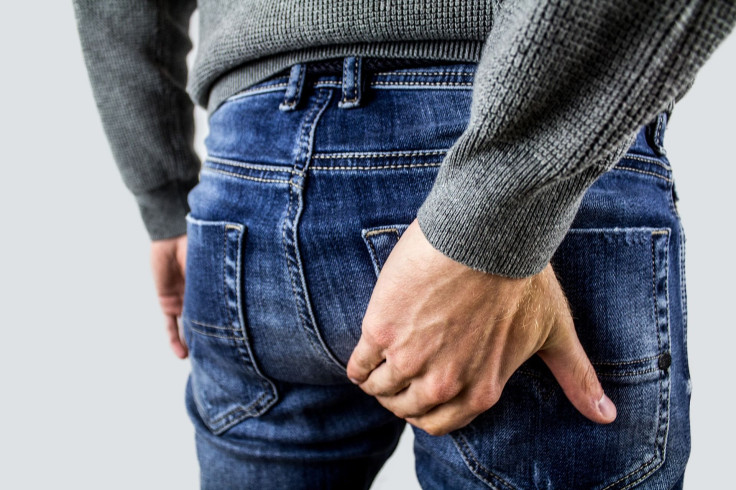Hemorrhoids Symptom: Discomfort Or Itching Around This Body Part Could Be A Warning Sign
KEY POINTS
- 1 in 20 Americans suffer from hemorrhoids aka piles
- Anal itching, pain or discomfort could be an early warning sign
- Consuming a high-fiber diet and not straining during bowel movements can help prevent hemorrhoids
About 1 in 20 Americans have hemorrhoids, also known as piles. About 50% of adults aged 50 and above suffer from it. Hemorrhoids can be painful and embarrassing. But, it is important to discuss the symptoms with your doctor in order to get treated at the earliest.
When internal hemorrhoid moves out of place, it brings along mucus that can cause irritation to the sensitive area around the anus and lead to itching. When hemorrhoids stay that way, the mucus production continues to cause the itching around the anus. Also, if stool mixes with the mucus, it can worsen the irritation.
About 25% of Americans face painful swelling of a vein or veins that surround the anal region. Straining during bowel movements usually causes pain and discomfort. People with external hemorrhoids might experience pressure, discomfort or sharp pain while trying to sit down, Healthline mentioned.
Other symptoms of hemorrhoids include bleeding, swelling around the anus, painless bleeding during bowel movements, noticing bright red blood in the toilet or toilet tissue, a hard lump near the anus, inflammation, and severe pain, per Mayo Clinic.
There is no clear duration for these symptoms. In some cases, they clear up without any treatment within a few days. But, large hemorrhoids might take longer to heal and can cause significant pain and discomfort. It is recommended that you see a doctor if hemorrhoids haven’t resolved within a short period.
Anal itching can also be caused by several other conditions including anal fissures, pinworms and as side effects of certain medications or foods. Burning and pain can also occur alongside itching if the anal skin is traumatized by scratching.
The risk factors of hemorrhoids include obesity, pregnancy, old age, regular heavy lifting, consuming a low-fiber diet, chronic diarrhea or constipation, straining during bowel movements and indulging in anal sex.
The complications of hemorrhoids include blood clots, strangulated hemorrhoids and anemia. The ideal way of preventing hemorrhoids is to maintain the stools soft by eating fiber-rich foods, drinking plenty of fluids, taking fiber supplements, not straining while passing stools and staying active to prevent constipation.

© Copyright IBTimes 2024. All rights reserved.












